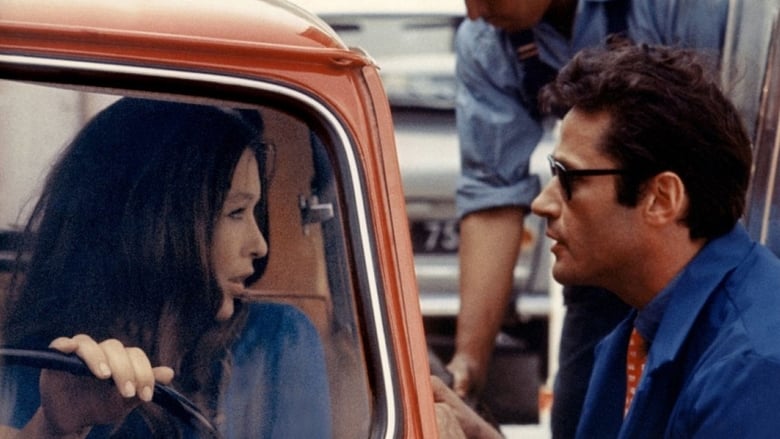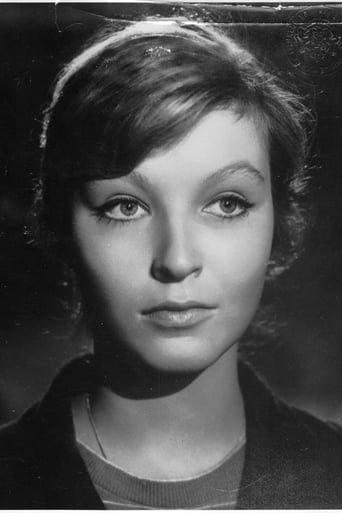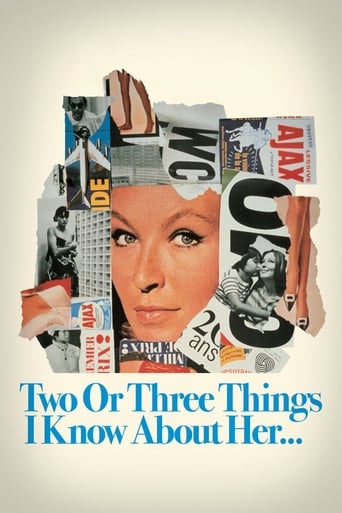
2 or 3 Things I Know About Her
April. 30,1970 NRAs the city of Paris and the French people grow in consumer culture, a housewife living in a high-rise apartment with her husband and two children takes to prostitution to help pay the bills.
Similar titles
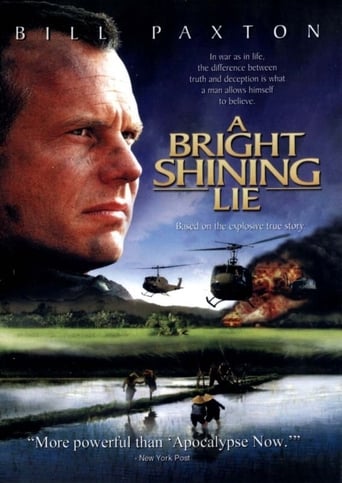
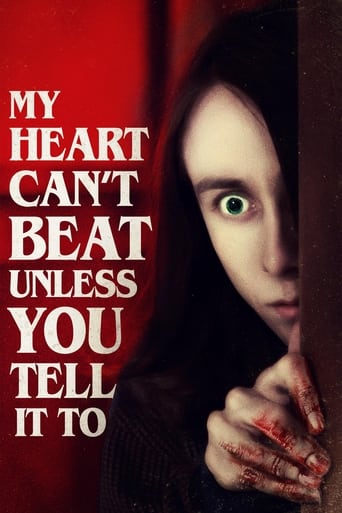
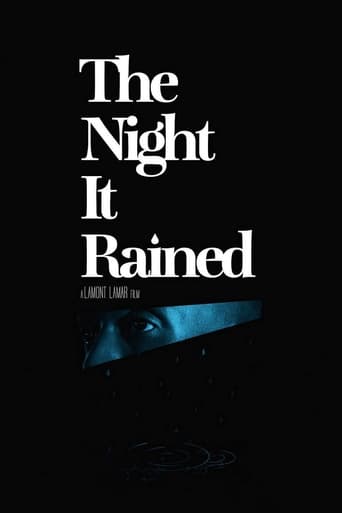
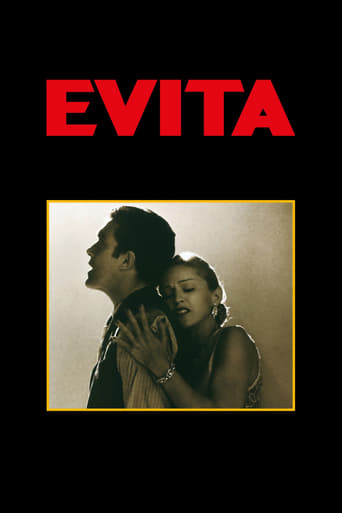
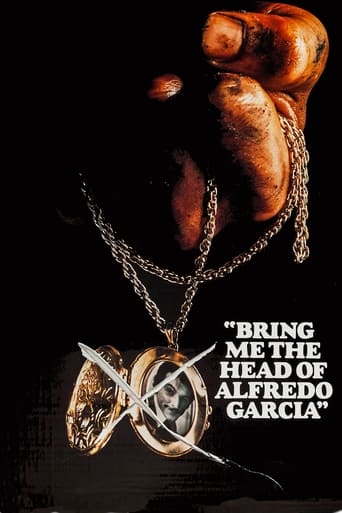
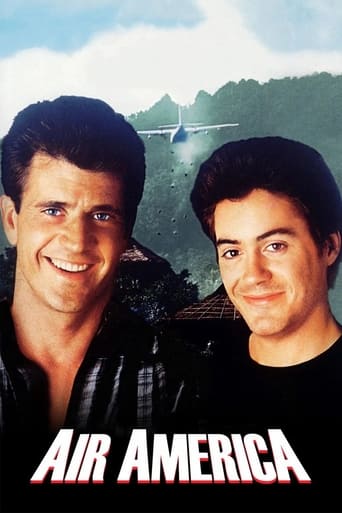
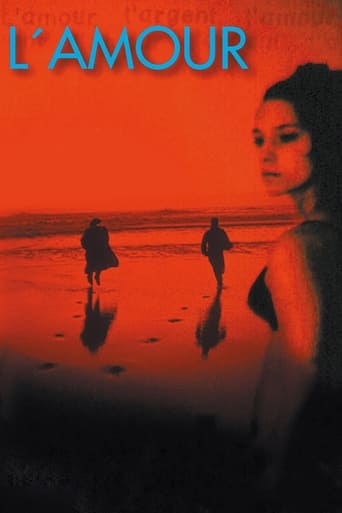

You May Also Like
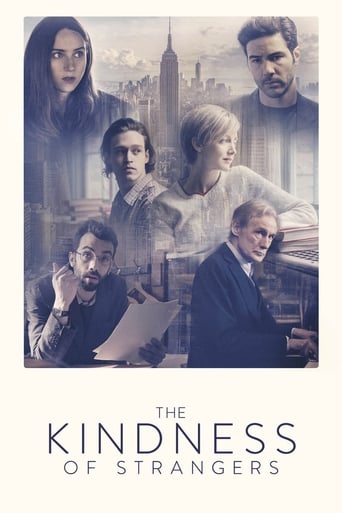
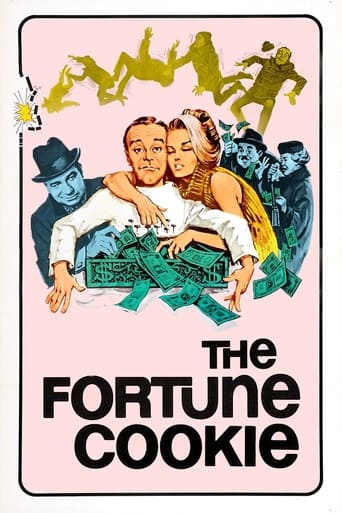
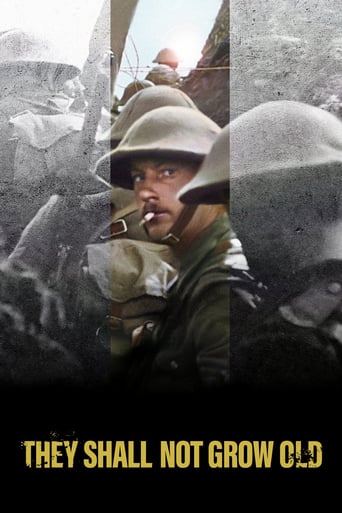

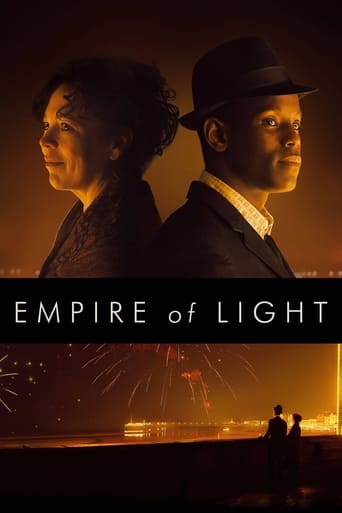
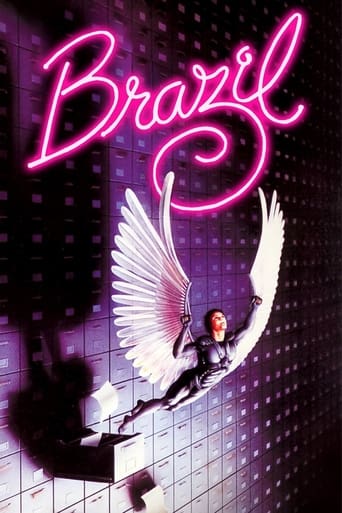
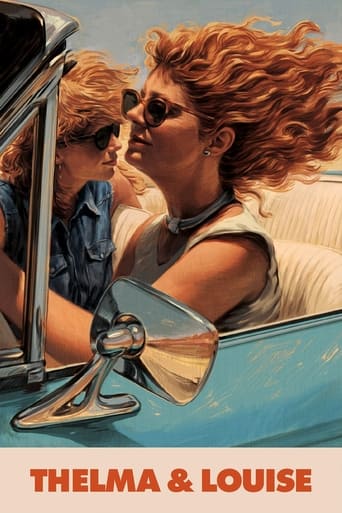
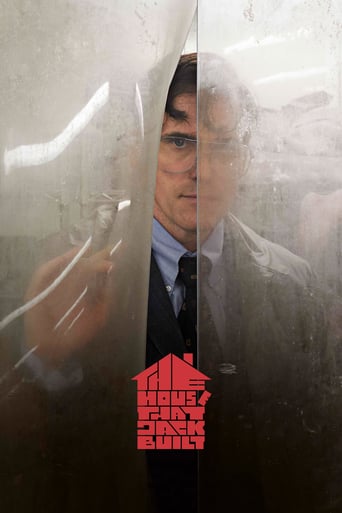
Reviews
Wonderful Movie
Good story, Not enough for a whole film
a film so unique, intoxicating and bizarre that it not only demands another viewing, but is also forgivable as a satirical comedy where the jokes eventually take the back seat.
I didn’t really have many expectations going into the movie (good or bad), but I actually really enjoyed it. I really liked the characters and the banter between them.
Godard is a God ard. Some people find his films easy. Some find his films hard, Godard is a cinema BardWith "Breathless," Godard created new wave cinema in 1960. With this movie, Godard created postmodern cinema. The amazing thing is how much this film captures a moment in time and space. In fact, in one scene, we are told that it is being filmed on August 17, 1966. We can say that this the date when the Postmodernist world was born.One has to see it as a transition from Pop Art to Postmodernist art. Part of the film is obsessed with the artistic nature of household products. Part of the film is a meditation on our lack of being and our amazing relationship to language.Godard's treatment of woman is quaintly pre-feminist. He is treating them as sex objects,yet at one moment he asks a woman to speak about the sex between her legs. The woman rebukes her and tells her its stupid. Another astonishing moment in a film that has many.The film is non-narrative for the most part. It is Brechtian theater translated into cinema. Godard proves that non-narrative cinema can provide a great deal of pleasure, foreshadowing the future - present cinema.Godard is a God ard.
Okay, not unmitigated. The shot of the swirling coffee was nice to look at.It's not fair to judge Godard by this one film, but if one were to do so, one would be forced to conclude that he's a charlatan. A real artist wouldn't have to talk our ears off for two solid hours. He talks at us through his characters, through his whispered narration (that guttural whisper is really hard to take after a couple of minutes); and even his incessant cinematic doodling is a kind of pitilessly boring monologue (he'll suddenly turn the soundtrack off not so much for effect as to goddamned well SAY something about cinematic convention I don't know what, exactly; the point he's trying to make is surely a banal one, whatever it is).Godard is so enamoured of language that not only does he use it blast it at us relentlessly; he has himself and his cast, when they run out of anything else to talk about, which doesn't take long, start talking about language. And what twaddle they talk on the subject! "I suppose these are my eyes. How do I know they're my 'eyes' and not my 'knees'? Because people told me. But what if they hadn't?" That's not really the best example of fatuous nonsense; I remembered those lines among all the others because, silly though they are, they at least made sense: they don't reveal a mind so muddied by bad philosophy that it cannot think at all, which is what most of the rest of the script reveals.
The title is a slightly ironic one; implying the importance of Godard as the film's personal narrator and ably illustrating that the "two or three things he knows about her" are referring not only to the film and the central character, but to Paris itself. It's one of the filmmaker's most difficult and disorientating films, existing within the same creative mindset as Week End (1967) and La Chinoise (1967), but failing to meet that particular level of subversive brilliance. Many of Godard's most obvious hallmarks are still in place, from the notion of society as prostitution, the rise of American consumerism, the state of France in the midst of political upheaval, relationships between men and women, the nature of cinema as a platform for discussion, satire, imagination and ideas, and the appropriation of a larger than life visual design taking in elements of pop art, surrealism, Buñuel and Brecht. However, unlike the similarly minded films aforementioned, 2 or 3 Things I Know About Her (1967) doesn't quite come together as a consistent and cohesive whole, instead seeming somewhat sluggish and anchored to a character that is neither interesting nor particularly well performed.That said; I feel people shouldn't be so quick to dismiss the film, as it features several scenes of bold technical invention, a sharp and biting wit and a real sense of both visual and thematic imagination. It is also a fairly worthy time capsule to the spirit and scope of Paris at this particular time, expressing many of the political fears and social concerns central to most free-thinking Parisians circa 1967. Whereas the two other Politically minded films that Godard produced in 1967 would broaden the thematic scope to create a much more pointed attack on armchair terrorists and bourgeois revolutionaries, "2 or 3 Things" works on a much smaller scale; choosing suburban Paris with its high-rise apartment buildings, shops and service stations as a backdrop that is continually dwarfed by the wheels of industry and industrial repair. At one point Godard says in voice over that "the landscape is like a face", all the while showing how it is continually destroyed, changed and re-developed in a series of repetitive visual metaphors open to a variety of thematic interpretations. Many viewers take these sequences at face value and choose to view the film as a simple, heavy-handed essay on the decline of industry and the rise of Capitalism and subsequently write the film off. However, even though the film takes a great deal of work and may indeed seem boring and heavy-handed, there are deeper themes and ideas that make this a slightly more rewarding work in the long run.Once again, Godard anchors his ideas to the theme of prostitution; recalling elements of Vivre sa Vie (1962) whilst simultaneously foreshadowing certain issues later expressed in Sauve qui peut (la vie) (1980). Like the latter film, Godard implies that with an increasing focus on consumerism and the pursuit of material gain, society is prostituting itself. This is further elaborated upon by Godard's continual focus on product logos and brand names that are inter cut and often re-framed in order to create humorous puns that are probably lost on anyone not entirely familiar with the French language, as well as a final shot that renders the cityscape of suburban Paris as the ultimate consumer paradise. The idea of prostitution also extends to the main character, who here, prostitutes herself in order to break up the monotony of her everyday life, whilst also featuring as a somewhat controversial comment on acting itself (something that is further implied in the opening scene).Like many of Godard's films, "2 or 3 Things" uses a great deal of humour to give the satire a more pointed attack. Much of this humour tends to go over the heads of most viewers, largely as a result of having to read the subtitles or simply missing out on much of Godard's clever use of wordplay and usually ironic puns. Scenes, such as the young boy relating his dream about the unification of North and South Vietnam, or the scene in which Juliet and her friend enact a bizarre, tongue-in-cheek sex game with a foreign war correspondent (who films them with a super 8 camera and looks a little like Godard himself), all the while cutting back and forth to shots of construction and cars entering a service station, being an incredibly bold and rebellious critique in itself. Other sections of the film seem more poetic; almost as if Godard is putting his thoughts on film as he goes along and creating something that is, on the one hand, entirely personal, whilst simultaneously being an obvious piece of satirical agitprop. The two strands don't always sit well together, and too often Godard's ideas seem strained and unformed; especially in comparison with those two other films from 1967, previously mentioned.Obviously many viewers have had problems with the film, and really, your enjoyment of it will depend greatly on how much you trust Godard's instincts as both a satirist and filmmaker, and how willing you are to enter into a dialog with him on a subject that is now resigned to an incredibly brief footnote in 20th century history. For me, the film is undoubtedly one of his more difficult projects and not one that I would place higher than the likes of Le Mepris (1963), Pierrot le fou (1965) or Helas pour moi (1993), etc. However, the scope of Godard's ideas and his way of presenting them visually are close to genius, whilst the occasional moment of imaginative wit, visual poetry or the sheer verve of Godard's film-making abilities make the slow pace and poor performance from Marina Vlady all the more bearable. 2 or 3 Things I Know About Her is worth seeing in the context of both Week End and La Chinoise and is certainly worth experiencing as a double bill with the similarly themed Sauve qui peut (la vie).
It's strange to see a work by a filmmaker that is a lesser one, but made during his prime. It's like watching a Godard that speaks to his future films- the much lesser ones- while still holding onto the quality of his work at the time. It came after Masculin/Feminine, a very good work, made during Made in USA (unseen by me) and before Week End, possibly Godard's quintessential attack/satire on culture and film-making. With 2 or 3 Things I Know About Her, we get a character who you might think at first is like the Anna Karina character in My Life to Live. She seems to sell herself for sex, but also just lives her life the way she wants it to. But it's really sort of three different strands going on concurrently- there's a pretty coherent look at a mother and wife, Juliette (Marina Vlady, often as dead-pan as Godard can get her to be), who sometimes takes cares of her kids, sometimes just goes out to shop and socialize, and sometimes has absolutely passionless sex for money. The second strand almost comes as being like a pseudo-documentary- or a satire on one perhaps- where Godard has his ladies, Juliette and several others throughout, who break the '4th wall' and talk right to the camera about their own state of mind and being and such. The third strand has Godard himself, in a perpetual whispering tone (to get our attention, of course) about the usual socio-political-philosophical-moral-cinematic-why-is-the-sky-blue narration that accompanies many a Godard film.And all of this, of course, with some of the most breathtaking cinematography I've seen in any of his work- there are close-ups that, as repetitious as they might've been, really did work. Like with the coffee- we see the coffee and the bubbles, and the colors swirling, while the narration keeps on going. There's even a very self-conscious moment where the camera blurs, the narration mentions blurred perspective, then when things come into 'focus' on both ends. In fact, this is not only one of the most self-conscious of all of Godard's work, but one of the most self-conscious films I might have ever seen. Not that this is an immediate negative, and in this framework Godard's intentions, aside from giving a good kick in the nuts to conventions and what the usual even means in typical words and descriptions of 'things' much less with cinema. There's almost a sense of consciousness expansion he's after in this self-consciousness too, which is par for the course for a Godard film. And it's also loaded to the gills with bright primary colors (this was continued into Week End, though with that in much greater, striking effect), and product placements galore; it always gives one a grin to see his great love/hate relationship with items from mass marketing and produce. And, of course, those title cards.But what ends up lacking from the film for me, and why I would only consider it a good Godard film as opposed to a masterpiece, is that I get a lot more fulfillment watching Godard's work when he just loses all abandon of common plot-sense, and just makes almost an video essay with plenty of semantics, a loose story, and an eye for locations and people and scenery and products and all sorts of things that show him being instinctively good with the camera...BUT, that it's also entertaining. It's not that 2 or 3 Things I Know About Her isn't never quite interesting, but the fulfillment I got out of it was more of being so familiar with his work that I could get a kick out of things I could already expect in the changes of form and moments of contemplative narration, not really out of any emotional connection though to anything with anyone in the film. Juliette, unlike Karina's Nana (who, by the way, as a tongue-in-cheek in-joke appears in a pop-art style photo on a wall in one scene right from that movie), is at least 70% of the time not really a character in the usual sense: if anything she's more of a mouthpiece, a kind of figure for Godard to put forward his ideas of feminist/radical thinking, done in a manner of voice and inflection that is always the same, rarely shifting. Maybe that's part of the point, and by the end we may know more than two or three things- especially about what she's thinking and attitudes on gender and the whys and why nots of just living and existence- but emotions are almost null & void in this world.In the meantime, as Godard maybe knows he doesn't have enough of a story with her 'real' character, when not talking to the camera, as a wife and mother, he shifts attention at times to random moments with other women, like one who talks to the camera about her banal existence ("I walk, climb, see a movie twice a month, etc"), or with a sort of touchy sexual discussion in a bar. The focus actually is never too grounded for Godard, which is partly what I mean about this film hinting at the descent his films would go to in the 80s and 90s (at least from my point of view). It's not JUST about women, it's almost about everything- drugs, culture, TV, politics, war (Vietnam especially, quite the topical philanthropic satirist he was), automobiles (a funny bit happens with a red car too), literature, morality, and all that and a bag of 60's-era Godard chips. It's worth checking out, I suppose, especially in widescreen, but not as something to see right away if getting into the director's work- I think if I had seen this as my third or fourth Godard film I might've disliked it even more. As apart of a stretch of films, I respect it and am involved, but compared to the others it's not as successful in terms of it really connecting more than it does. B+
Top Streaming Movies











